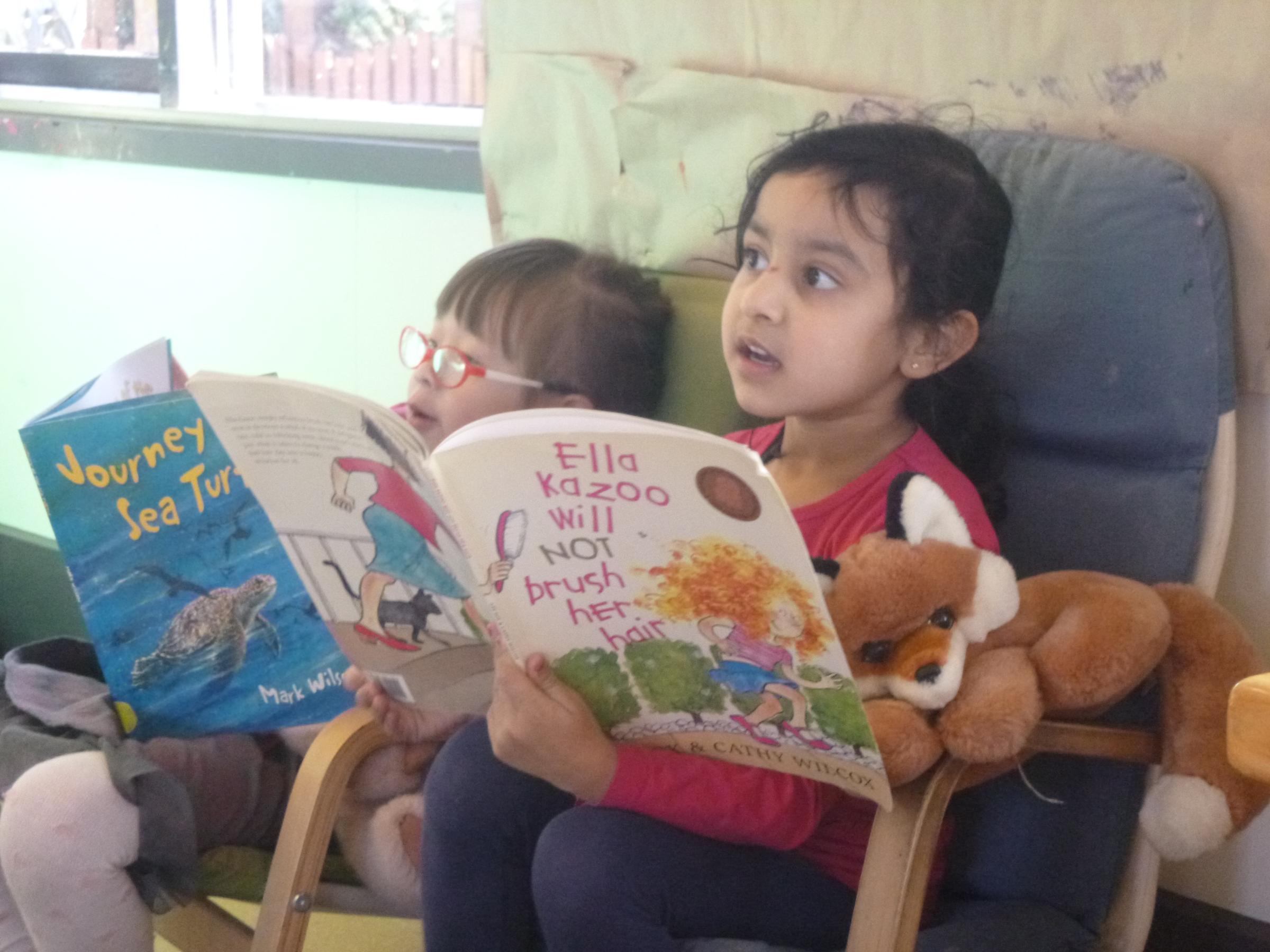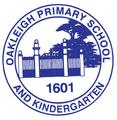Building Children's Language

Did you know...
We all want our children to be strong and effective communicators. Language is an important part of communication, and research tells us that language development is a key predictor of social and emotional development. Our staff have been researching, attending conferences and engaged in professional development and reflection on how to best support each child's language development, and adding new knowledge to our practice.
We know that it is at home, with adult family members where children learn the most language. We also know from research that speaking to your child in your home language is the best way for children to develop rich vocabulary and language. Beginning to learn to speak English can take time, but research shows that your child will not be at a disadvantage if they do not speak English at home. Family are the child's first and most important educator and children strongly benefit from language rich interactions with their family. So below are a few ways to ensure there is a lot of language and vocabulary rich interactions at home.
Singing, chatting, playing games and reading to your child in your home language
Reading favourite books over and over...
Use everyday activities such as shopping, cooking, meal times as opportunities to talk with your child.
Don't be afraid to use complex or large words in correct context
Have serve and return conversations with your child - a bit like a tennis match where each person talks, listens and talks again, responding to what the child has said, adding to the conversation.
More information can be found on the benefits of language education are available on the Department of Education and Training Department's website here.
